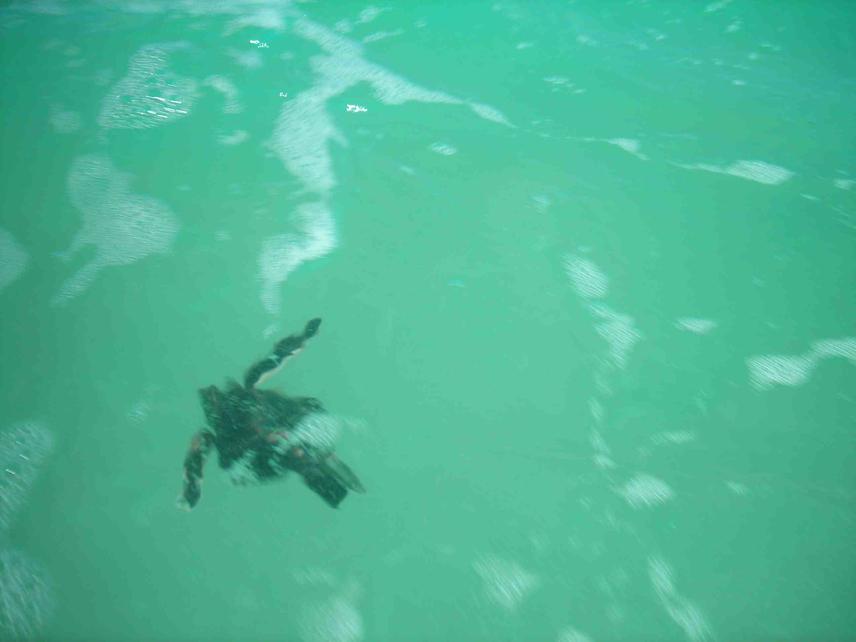Alasdair Harris
Other projects
16 Jul 2010
The Development of Community Marine Turtle Conservation in Southwest Madagascar
To integrate local fishers and community members into marine turtle monitoring, conservation and awareness-raising work in west Madagascar.

In Madagascar, all species of marine turtle are protected from domestic exploitation; however, indigenous Vezo coastal fishing communities continue to harvest and consume all five species of marine turtle found in these waters. Blue Ventures’ previous work in southwest Madagascar has highlighted a highly active turtle fishery that has diversified from pure subsistence to one that is now market driven; as well as a severe decline in nesting in the Velondriake locally managed marine area (LMMA) over the last 30 years.
Since October 2006 Blue Ventures’ marine turtle research and conservation programme has been successfully monitoring the traditional turtle fishery, raising awareness and building capacity in south west Madagascar. The programme has now achieved a number of significant contributions to marine turtle conservation within Madagascar including: the first thorough assessment of the status of the turtle fishery for over 150 km of coastline; and large-scale community awareness of marine turtle conservation, through a series of festivals and workshops, which has resulted in the community protection of a nesting beach and local laws by the Velondriake Association prohibiting the selling of turtles for profit within their LMMA.
This project builds on the last year of conservation awareness work by further integrating local fishers into community conservation work, as well as expanding efforts to a third region in west Madagascar, the Barren Isles, where a nesting population is known to still exist. The turtle populations are under growing pressure from migrant fishers and the nesting population is heavily exploited. The aim will be to create a network of community nest monitors who are responsible for monitoring and protecting any nests found, as well as becoming ambassadors for marine turtle conservation in the region.